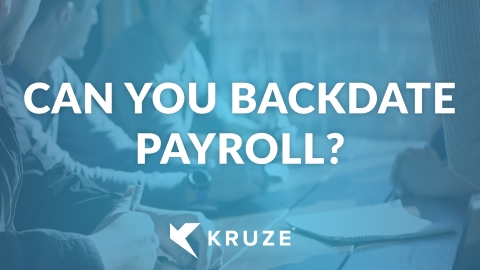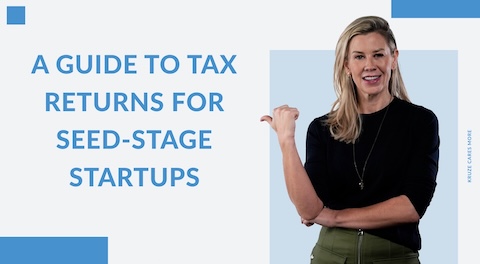
Is the State Small Business Credit Initiative (SSBCI) something unprofitable, VC-backed startups can take advantage of? The answer at this point is “maybe.” The SSBCI program is administered by individual states and has just been reauthorized. Once it’s up and running in an individual state, startups will need to review how well their companies meet that state’s requirements.
SSBCI is a reauthorization of a 2011 program that was very successful, but was terminated in 2017. This iteration is significantly larger at $10 billion of funding (the first iteration was $1.5 billion). The program’s goals are to achieve a minimum 1:1 private-SSBCI capital match with an ideal target of $10 of private investment for every $1 of SSBCI money. In addition, the initiative is intended to reach “very small businesses” with fewer than 10 employees, and reach businesses owned by Socially and Economically Disadvantaged Individuals (SEDI).
How is the SSBCI program administered?
The funding for the initiative is available initially to state, territory, District of Columbia, and Tribal governments. Those entities can submit applications for funding by Feb. 11, 2022. Municipalities that are in states that don’t make applications can then apply for funding by March 11, 2022. For example, during the original program, Alaska passed on funding and then Anchorage applied for funding and launched a successful program. Because of the aggressive timeframe, tribal governments have already requested and received new application deadlines of May 11 for the program and July 11 for technical assistance. States have not yet requested new deadlines.
How can SSBCI funds get used?
In general, the programs funded through SSBCI fall into these categories:
- State capital access programs (CAP). One way is to provide capital to lending institutions, like credit unions, community banks, and other community development financial institutions (CDFIs). The lender and borrower contribute a percentage of the loan or line of credit into a reserve fund held by the lender. The state matches the contribution and sends it to the lender. The reserve fund protects the lender against losses. Theoretically, states could build out lending systems (Georgia did this in the first program iteration), but again the advantage is going to fall to states that already have local lending capacity.
- State loan participation programs. This lets small businesses get medium to long-term financing through term loans (usually). States can buy a portion of the loan or participate as a co-lender.
- State loan guarantee programs. The state can provide lenders with a partial guarantee for small business loans or lines of credit.
- State collateral support programs. States provide “pledged collateral accounts” to lenders to improve the collateral coverage of individual loans.
- State venture capital programs. These are in two forms: State-run funds, which can include private investors, that invest directly in individual businesses. Funds of funds, that invest in other venture capital funds, and those funds invest in individual businesses. Management in both cases is typically outsourced to a professional firm.
How do companies obtain funds?
That’s not certain right now. Since the program is administered by states, territories, and tribal governments, the actual programs will differ between these entities. The entities that apply for SSBCI can also apply for funds for “technical assistance” by March 31, 2022. That means there’s a lot of pressure right now to figure out programs, make the applications, get the funding, and get the programs set up and running. In general, states, territories, tribal governments, and municipal governments that took advantage of the program in 2011 will have an advantage for this application process. Those entities set up programs and infrastructure for the initial iteration and can probably modify existing applications and programs more quickly. Many programs are still running, even though new funding ended in 2017.
Stay tuned for more information
At this point, it’s too early to say if any state SSBCI programs will benefit our startup clients. As programs are rolled out and funded, we will continue to evaluate them to see if startups in those states can take advantage of any funding opportunities. If you have questions about venture capital financing for startups, please contact us.















